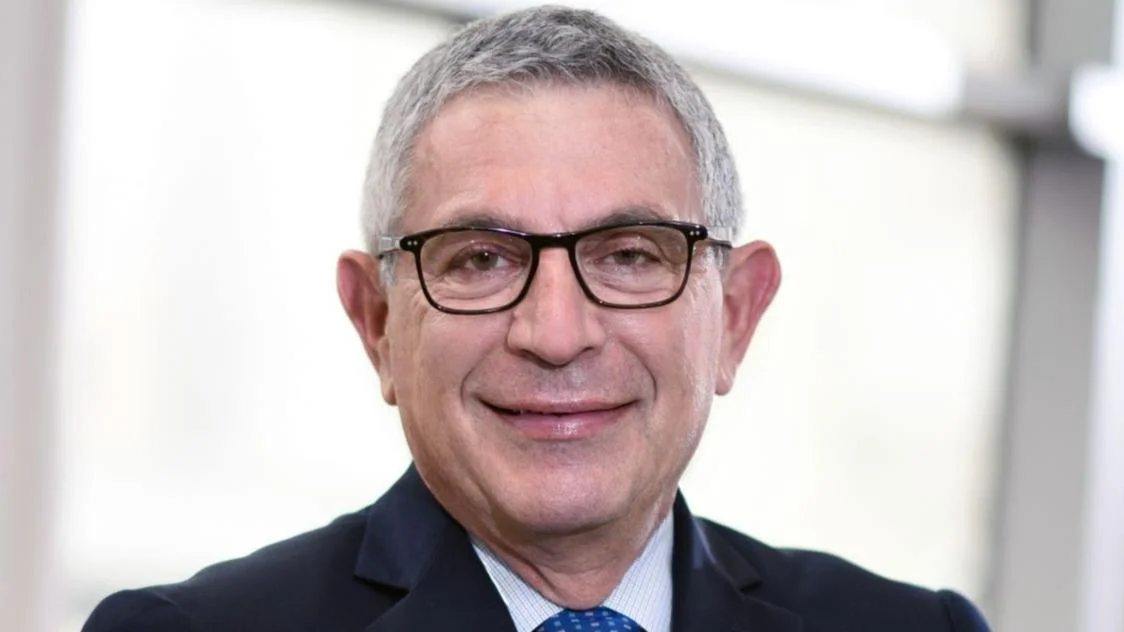
Baylor College of Medicine has secured nearly $10 million from the NIH BRAIN Initiative to explore treatments for the depressive phase of bipolar disorder. Over five years, researchers will evaluate the efficacy and safety of deep brain stimulation (DBS) in patients with bipolar depression unresponsive to existing therapies. The study also aims to identify mood state biomarkers through brain recordings.
DBS is a neurosurgical procedure primarily used for movement disorders like Parkinson’s disease and essential tremor. It involves implanting electrodes in the brain, connected to an implantable pulse generator under the chest skin, akin to a cardiac pacemaker. A psychiatrist adjusts brain stimulation levels post-surgery using a wireless programming tablet.
The research team includes experts from Baylor and the University of Washington, such as Dr. Wayne Goodman, Dr. Sameer Sheth, Dr. Nicole Provenza, and Dr. Jeffrey Herron, who have previously worked on DBS for treatment-resistant depression and OCD.
“DBS has greatly improved quality of life in individuals with Parkinson’s disease and essential tremor," said Sheth. "Previous work has suggested that we can use this technology to engage and heal dysfunctional brain networks in individuals with depression and bipolar disorder as well."
With funding from the BRAIN Initiative, researchers will apply DBS to 10 patients with treatment-resistant bipolar depression. Bipolar disorder can be severe, often linked with suicide risk, and resistant forms have limited treatment options.
The study will focus on targeting the ventral capsule/ventral striatum within the brain's reward circuitry. Signs of mania will be monitored through mobile methods such as wearables and smartphone readouts alongside DBS device recordings. Family members may also provide input on any observed changes.
“We hope to see encouraging evidence that we can treat the depression without inducing mania," said Goodman. "We want to help these patients come out of depression and enter a sustained period of stable mood.”